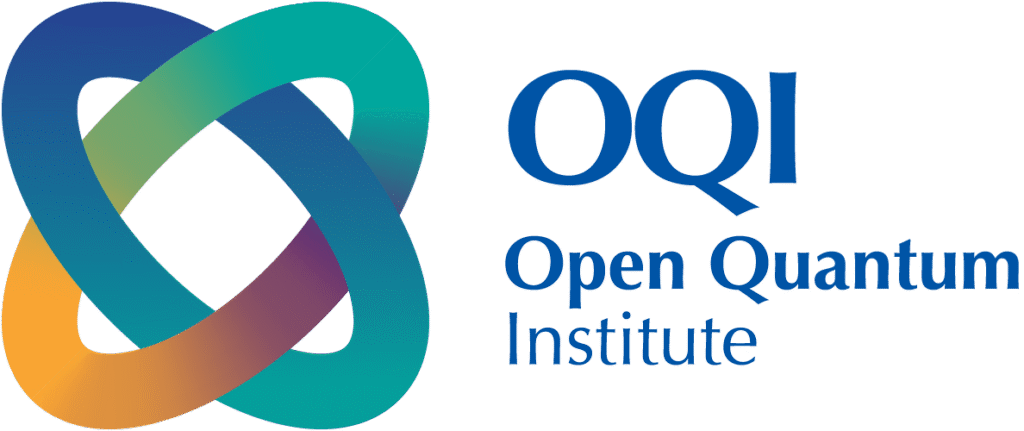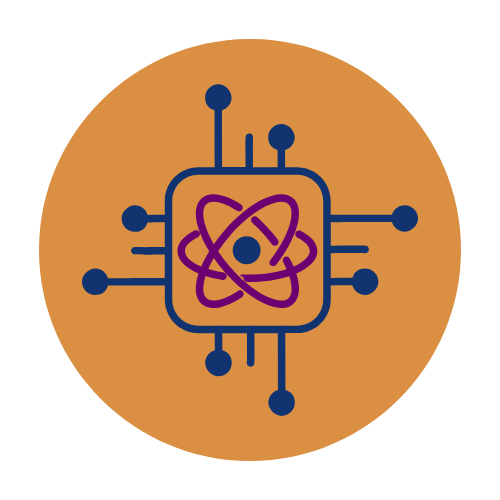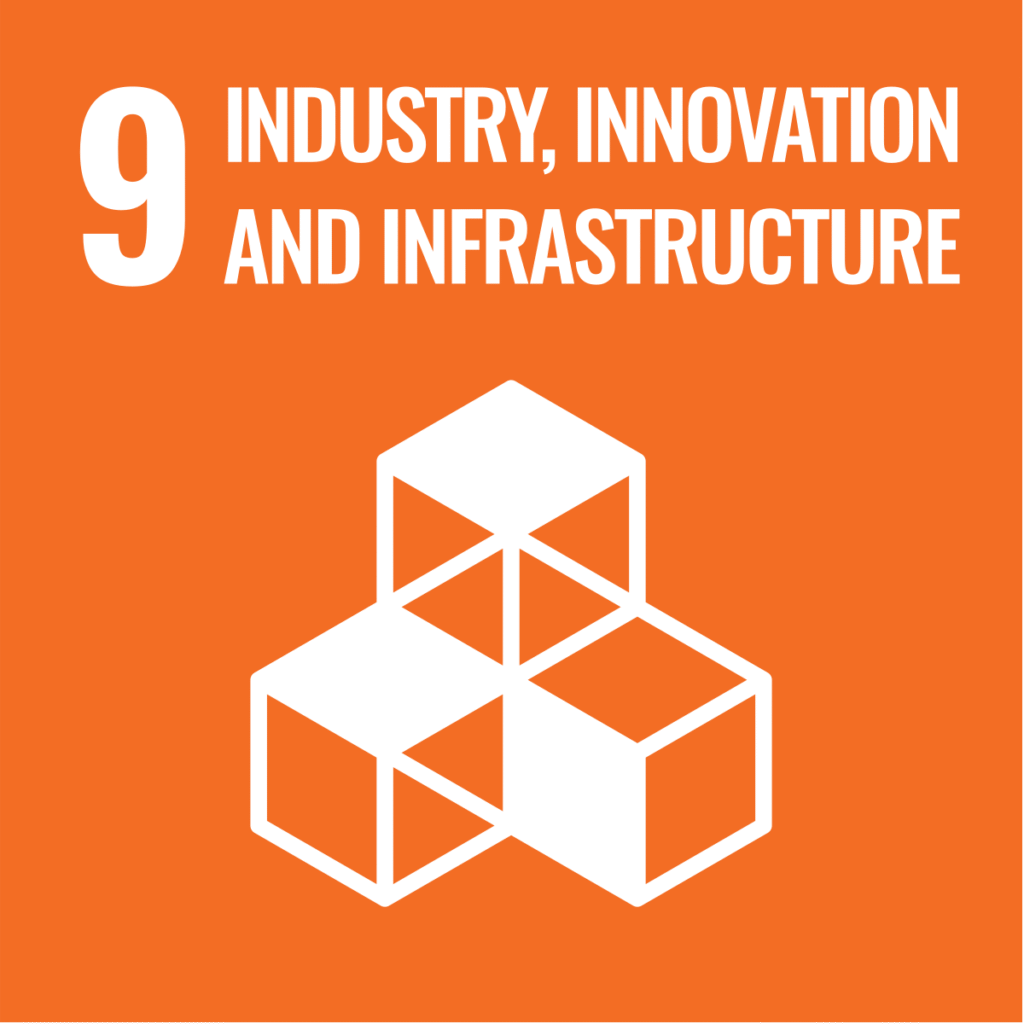Back to library Smart Agriculture
Quantum computing solutions Maximising Agricultural Field Efficiency and Improve Crop Network Connectivity.
Owner
Status
Quantum Approach

Phase 0 – Idea

Optimisation
SDGs
Origins of Contributors



Impact/context
Optimising crop planting strategies to meet demand efficiently is crucial for maximising agricultural productivity and farmer welfare. Traditional decision-making processes in agriculture may not effectively handle the complexities of large-scale cultivation planning due to computational limitations. Effective and optimised agricultural practices can lead to increased yield, reduced waste, and better management of natural resources, all of which are essential for sustainable food systems and combating hunger globally.
How quantum could help
Quantum computing offers new strategies for tackling agricultural problems, optimising various aspects of farming from crop production to resource management. By enhancing decision-making processes, quantum techniques support sustainable agricultural development, aligning with the objectives of zero hunger and responsible production. By enhancing agricultural efficiency, quantum computing could play a crucial role in addressing global challenges related to food production and distribution.
References
National Pingtung University, Chung Yuan Christian University, Quantum Information Center
